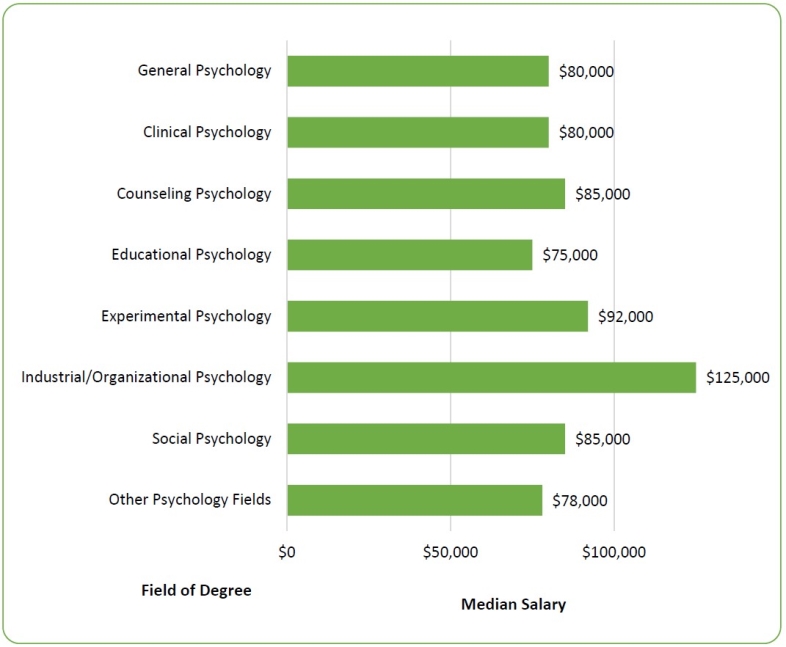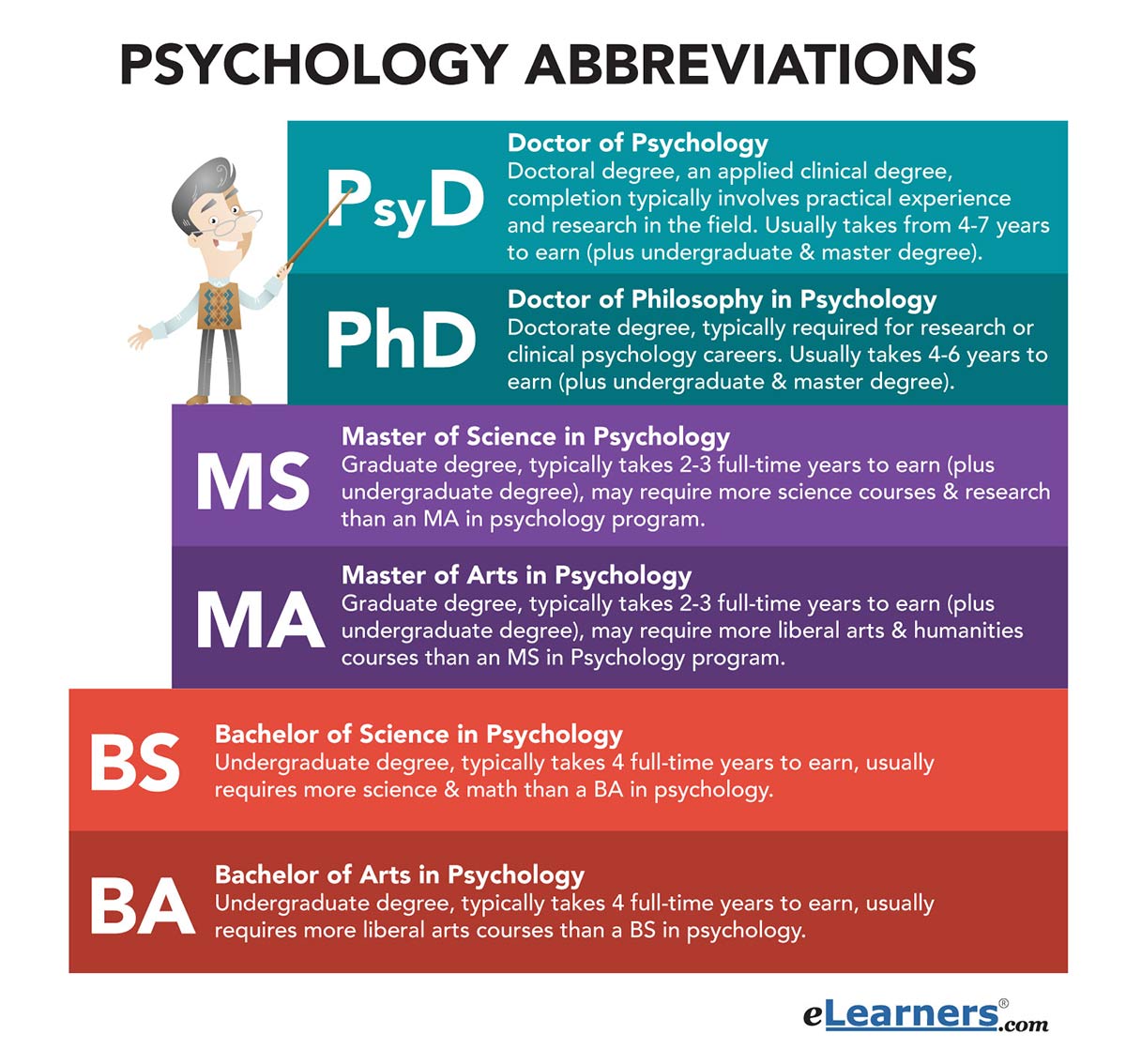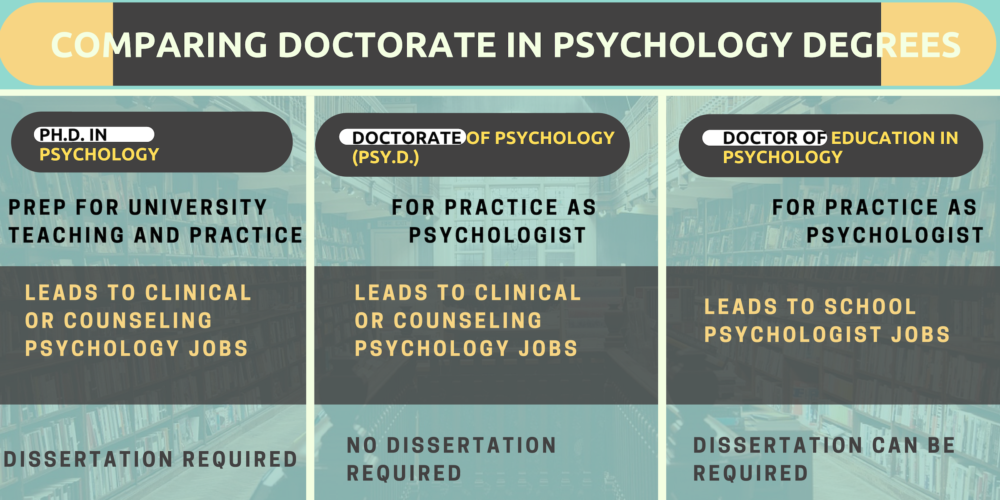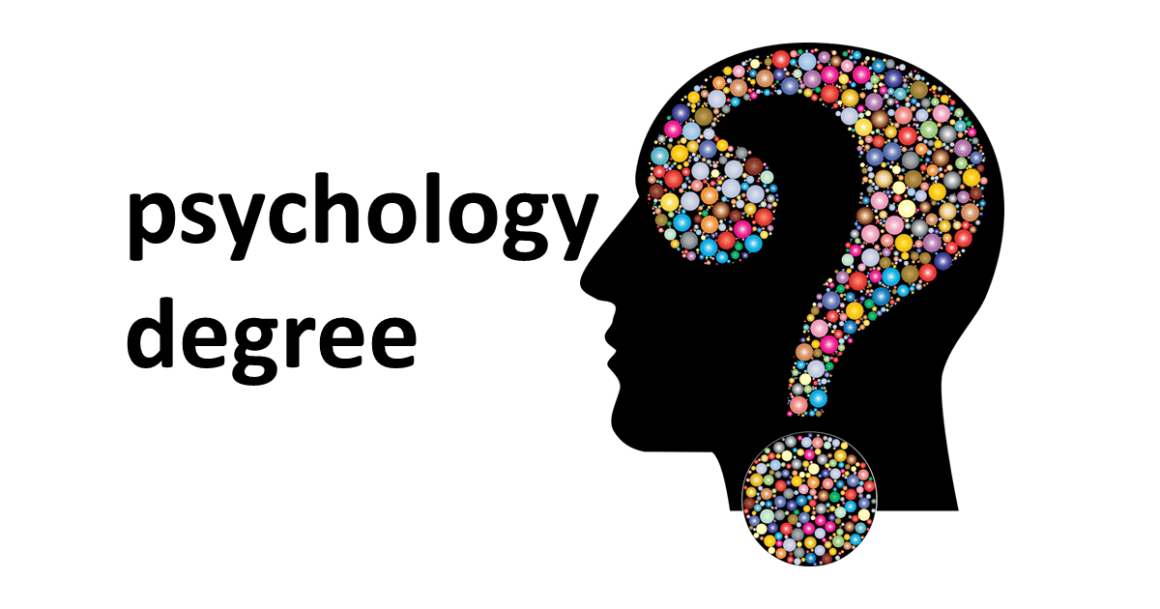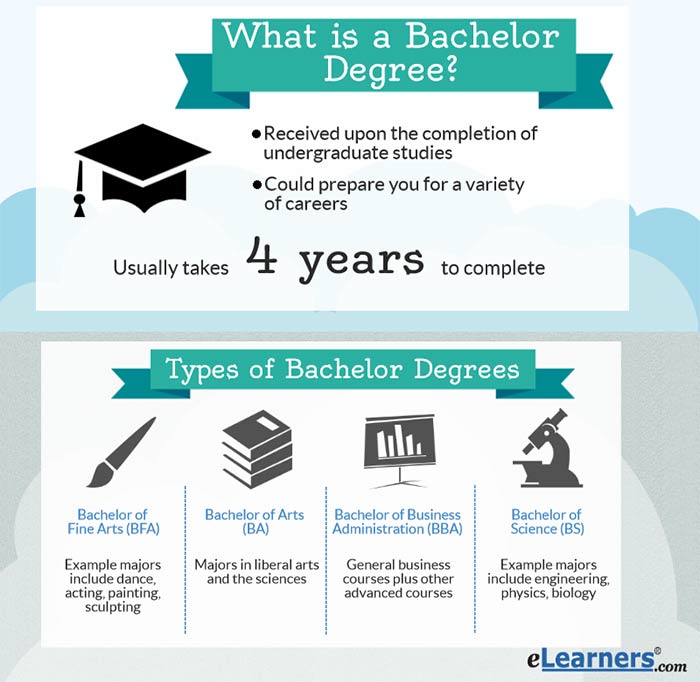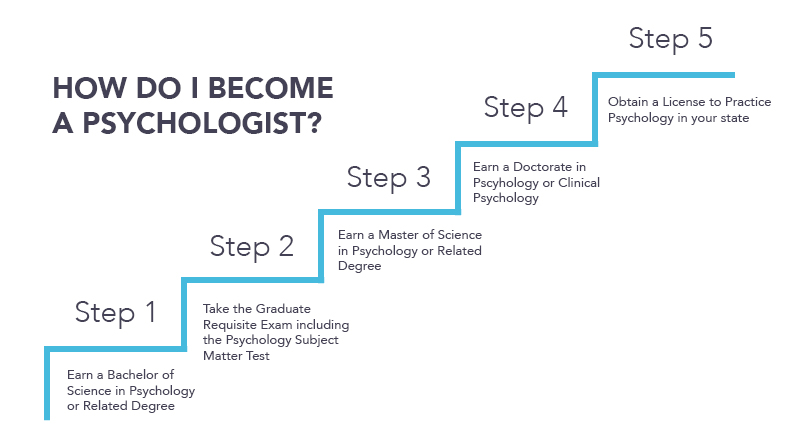How Long Does It Take To Get Your Psychology Degree

For aspiring psychologists, the path to practicing their craft involves a significant investment of time and dedication. Understanding the timeline required to obtain the necessary education and training is crucial for planning a career in this rewarding, yet demanding, field.
This article breaks down the typical timeframe for acquiring a psychology degree, from undergraduate studies through doctoral programs and licensure, providing a comprehensive overview for those considering this career path. We will explore the different stages of education, the factors that can influence the duration of each stage, and the implications for prospective students.
The Undergraduate Foundation: Bachelor's Degree (4 Years)
The journey begins with a Bachelor's degree in Psychology or a related field. This typically takes four years of full-time study.
During this period, students gain a foundational understanding of psychological principles, research methods, and statistical analysis. Coursework often includes introductory psychology, developmental psychology, social psychology, cognitive psychology, and abnormal psychology.
While a Bachelor's degree can open doors to entry-level positions in human services or research assistant roles, it is generally considered a stepping stone to further education for those seeking to become licensed psychologists.
Master's Degree: Specialization and Advanced Training (2-3 Years)
Many psychology graduates pursue a Master's degree to specialize in a specific area. These programs typically require two to three years of full-time study.
Common specializations include clinical psychology, counseling psychology, school psychology, and industrial-organizational psychology. The curriculum focuses on advanced theoretical knowledge, research skills, and practical training through supervised internships or practicums.
Some Master's programs offer a terminal degree, allowing graduates to practice as licensed professional counselors or therapists, depending on state regulations. Other Master's programs serve as a bridge to doctoral studies.
Doctoral Degree: Research and Clinical Expertise (4-7 Years)
For those aspiring to become licensed psychologists with the highest level of expertise, a Doctoral degree is often required. This can be either a Ph.D. (Doctor of Philosophy) or a Psy.D. (Doctor of Psychology).
Ph.D. programs emphasize research and scholarly contributions to the field, while Psy.D. programs focus on clinical practice. Both typically require four to seven years of full-time study, including a dissertation or doctoral project and a year-long internship.
The American Psychological Association (APA) is the leading professional organization for psychologists in the United States and provides accreditation for doctoral programs. Accreditation ensures that programs meet rigorous standards for training and education.
Internship and Postdoctoral Training (1-2 Years)
Following the completion of doctoral coursework, students must complete a supervised internship, typically lasting one year. This provides hands-on experience in a clinical setting.
Many states also require a postdoctoral residency or supervised practice period, lasting one to two years, before granting licensure. This allows for further development of clinical skills under the guidance of experienced professionals.
Licensure: The Final Step
Licensure requirements vary by state, but generally include passing a standardized examination, such as the Examination for Professional Practice in Psychology (EPPP). They also require documentation of supervised clinical hours.
Once licensed, psychologists can independently practice their profession, providing therapy, conducting research, or consulting with organizations.
Factors Influencing the Timeline
Several factors can influence the time it takes to get a psychology degree. These include academic performance, program structure, and individual circumstances.
Students who excel in their coursework and research may be able to complete their degrees more quickly. Part-time enrollment or leaves of absence can extend the timeline.
The availability of funding and the competitiveness of graduate programs can also impact the duration of studies. Some programs offer accelerated options or combined degree programs that can shorten the overall time commitment.
The Long-Term Rewards
While the journey to becoming a licensed psychologist is a long one, the rewards can be substantial. Psychologists have the opportunity to make a meaningful difference in the lives of others.
They can work in a variety of settings, including hospitals, schools, private practices, and research institutions. The demand for mental health services is growing, creating ample opportunities for qualified professionals.
Ultimately, the decision to pursue a career in psychology is a personal one. Understanding the time commitment involved is essential for making an informed choice. With dedication and perseverance, aspiring psychologists can achieve their goals and contribute to the well-being of society.

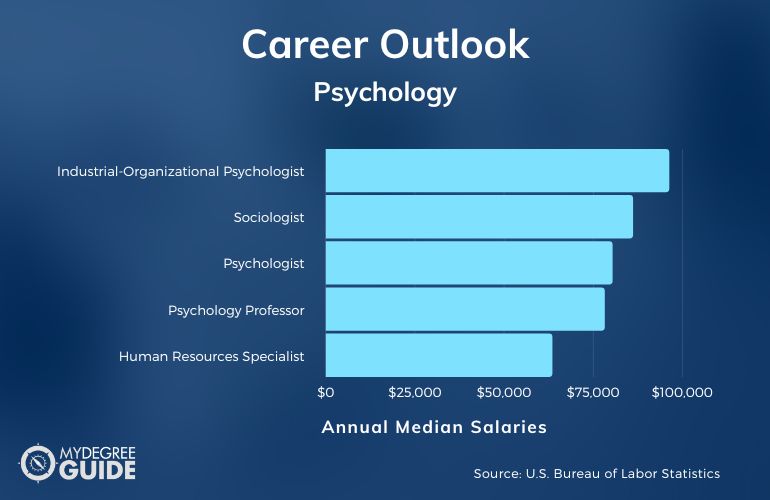
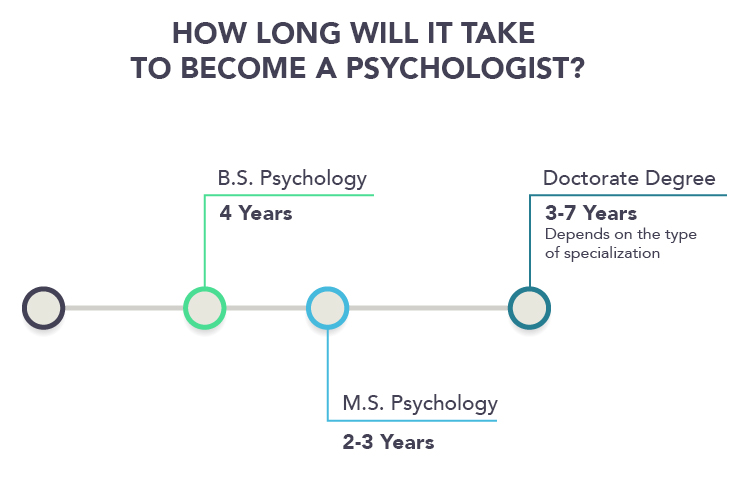
:max_bytes(150000):strip_icc()/how-long-does-it-take-to-become-a-psychologist-2794935-5b841e6946e0fb00504573ef.png)
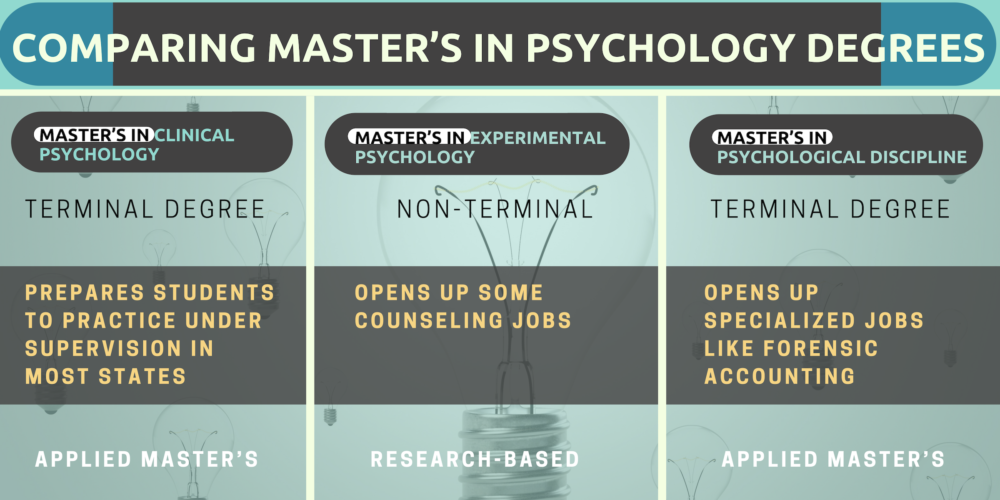
:max_bytes(150000):strip_icc()/psychology-degrees-2795151-01-5fc2b160d9c5417aa4e1cee9dea07c40.png)


